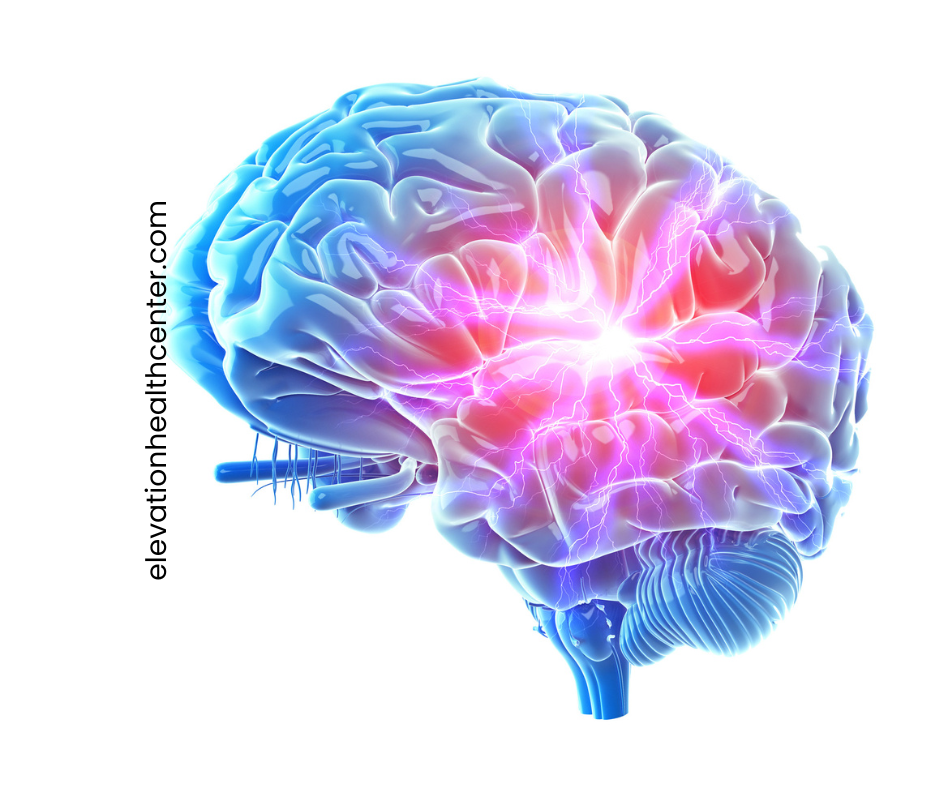
Tackling Mental Health Naturally
In the quest for optimal mental health, individuals often face the decision between traditional medication and alternative therapies. One such alternative gaining attention is neurofeedback—a non-invasive technique that trains the brain to self-regulate. This article delves into the efficacy, benefits, and considerations of neurofeedback compared to conventional medication, offering insights into a natural approach to mental well-being that empowers individuals to take control of their mental health journey.
Understanding Neurofeedback
Neurofeedback, also known as EEG biofeedback, is a therapeutic intervention that measures real-time brain activity and provides feedback to help individuals modulate their brain function. By displaying brainwave patterns—such as alpha, beta, theta, and delta waves—on a monitor, individuals can learn to promote desirable brain states, potentially alleviating symptoms of various mental health conditions. The process typically involves placing sensors on the scalp to monitor electrical activity, followed by interactive exercises, such as games or visual cues, that reward the brain for achieving healthier patterns. Over time, this training can enhance focus, emotional stability, and resilience, offering a unique window into the brain’s adaptability.
Unlike medication, which often targets symptoms through chemical adjustments, neurofeedback leverages neuroplasticity—the brain’s ability to reorganize and form new neural connections. This distinction makes it a proactive rather than reactive approach, appealing to those who prefer addressing root causes over managing symptoms alone. Sessions are typically conducted by trained practitioners, though advancements in technology are making at-home neurofeedback devices increasingly accessible, broadening its reach.
Efficacy in Treating Mental Health Conditions
Research indicates that neurofeedback can be a promising alternative treatment for certain mental health disorders, often matching or surpassing the effectiveness of medication in specific cases:
- ADHD: A randomized controlled trial demonstrated that neurofeedback is a promising alternative treatment for ADHD in children who do not respond to or experience significant adverse effects from medication (PUBMED.NCBI.NLM.NIH.GOV). By targeting brainwave dysregulation linked to attention deficits, neurofeedback helps improve concentration and impulse control without the risk of dependency or side effects like appetite suppression common with stimulants.
- Anxiety and Depression: Neurofeedback has been shown to be just as effective—if not more so—than medication in treating conditions like anxiety and depression, with minimal side effects (MYBRAINDR.COM). Studies suggest it can reduce excessive beta waves associated with anxiety or boost alpha waves linked to relaxation, offering a tailored approach to emotional regulation.
Beyond these, neurofeedback shows potential for conditions like PTSD, insomnia, and even chronic pain, where traditional treatments may fall short. Its versatility stems from its ability to adapt training protocols to individual brain patterns, making it a personalized tool in mental health care.
Advantages of Neurofeedback
Several benefits position neurofeedback as an appealing option, particularly for those wary of pharmaceutical interventions:
- Minimal Side Effects: Unlike medications that may cause side effects such as nausea, fatigue, or mood swings, neurofeedback is associated with minimal adverse effects (SCDCENTRE.COM). Most participants report only mild fatigue post-session, if anything, making it a gentler option.
- Long-Term Benefits: The effects of neurofeedback can be long-lasting, reducing or eliminating the need for ongoing treatment (SCDCENTRE.COM). Once the brain learns to self-regulate, these skills can persist, akin to riding a bike—a stark contrast to medications requiring daily intake.
- Non-Invasive Approach: Neurofeedback is a non-pharmacological treatment, making it suitable for individuals seeking natural interventions. It avoids the risks of drug interactions or withdrawal symptoms, appealing to those with sensitivities or a preference for holistic care.
Additionally, neurofeedback empowers individuals by fostering self-awareness and control over their mental state. This psychological boost can enhance motivation and confidence, reinforcing its therapeutic impact. Its adaptability also allows it to complement other wellness practices, amplifying overall outcomes.
Considerations and Complementary Approaches
While neurofeedback offers promising results, it’s essential to consider the following to ensure realistic expectations and optimal results:
- Individual Variability: Responses to neurofeedback can vary; some individuals may require additional therapies for optimal outcomes. Factors like age, severity of symptoms, and commitment to sessions can influence effectiveness, necessitating a tailored approach.
- Cost and Accessibility: Neurofeedback often involves multiple sessions, which can be costly and may not always be covered by insurance. However, as technology evolves, portable devices are reducing barriers, though professional supervision remains recommended for complex cases.
- Integration with Other Therapies: Combining neurofeedback with other natural treatments can enhance mental health outcomes:
- Herbal Remedies: Supplements like St. John’s wort for depression or valerian for anxiety have been explored for their potential benefits (MIND.ORG.UK). When paired with neurofeedback, they may support neurotransmitter balance, amplifying emotional stability.
- Lifestyle Modifications: Engaging in regular physical activity, practicing mindfulness meditation, and ensuring adequate sleep are foundational to mental well-being (GOODPATH.COM). Exercise, for instance, boosts endorphins, which can synergize with neurofeedback’s regulation of mood-related brainwaves.
A holistic strategy might involve neurofeedback as the cornerstone, supported by nutrition adjustments—like omega-3 fatty acids for brain health—and stress management techniques. Consulting a multidisciplinary team, including neurofeedback practitioners and naturopaths, can optimize this integrative approach.
Neurofeedback emerges as a viable natural alternative to traditional medication for various mental health conditions, from ADHD to anxiety. Its minimal side effects, potential for long-term benefits, and non-invasive nature make it an attractive option for those seeking holistic approaches. Moreover, its capacity to empower individuals through self-regulation aligns with a growing demand for personalized, sustainable mental health solutions. However, individual experiences may vary, and factors like cost, accessibility, and complementary therapies should be weighed. It’s crucial to consult healthcare professionals when considering or integrating neurofeedback into a comprehensive mental health treatment plan, ensuring a balanced path to well-being.
At Elevation Health Center in Meridian, we offer cutting-edge neurofeedback therapy to help retrain your brain for optimal function. Our neurofeedback services are designed to support individuals struggling with anxiety, depression, ADHD, stress, and cognitive performance issues by using advanced brainwave monitoring and real-time feedback. This non-invasive, drug-free approach helps the brain self-regulate, improving focus, emotional balance, and overall mental well-being. Whether you’re looking for a natural alternative to medication or a complementary therapy for mental health, our customized neurofeedback sessions provide long-term benefits tailored to your unique needs. Experience a healthier mind and a better quality of life today!

